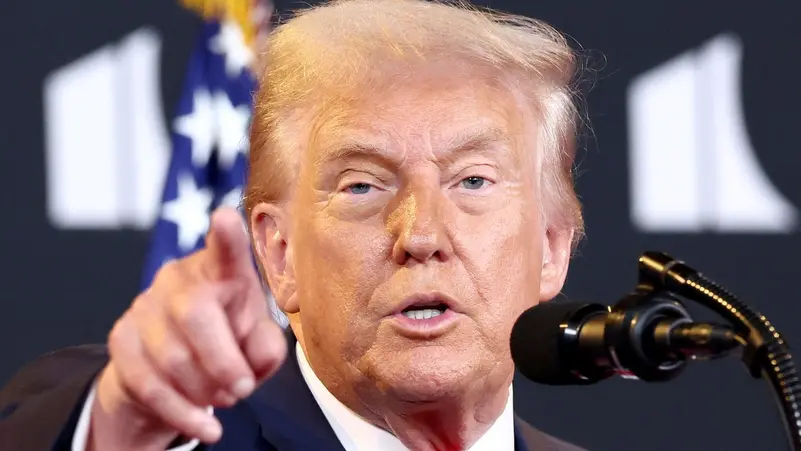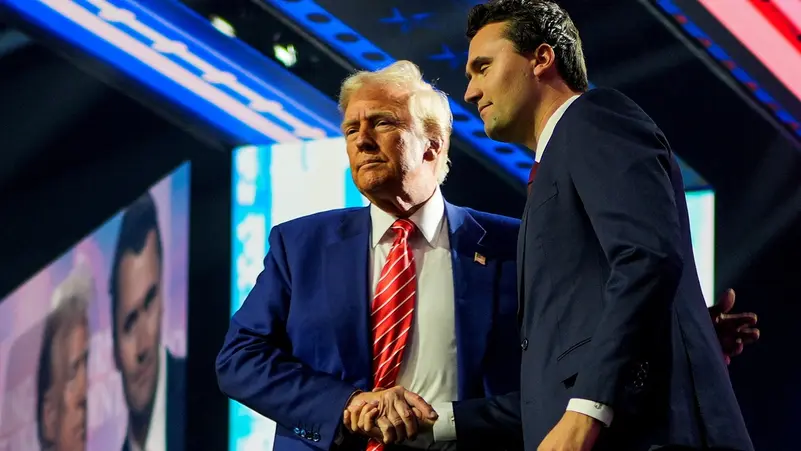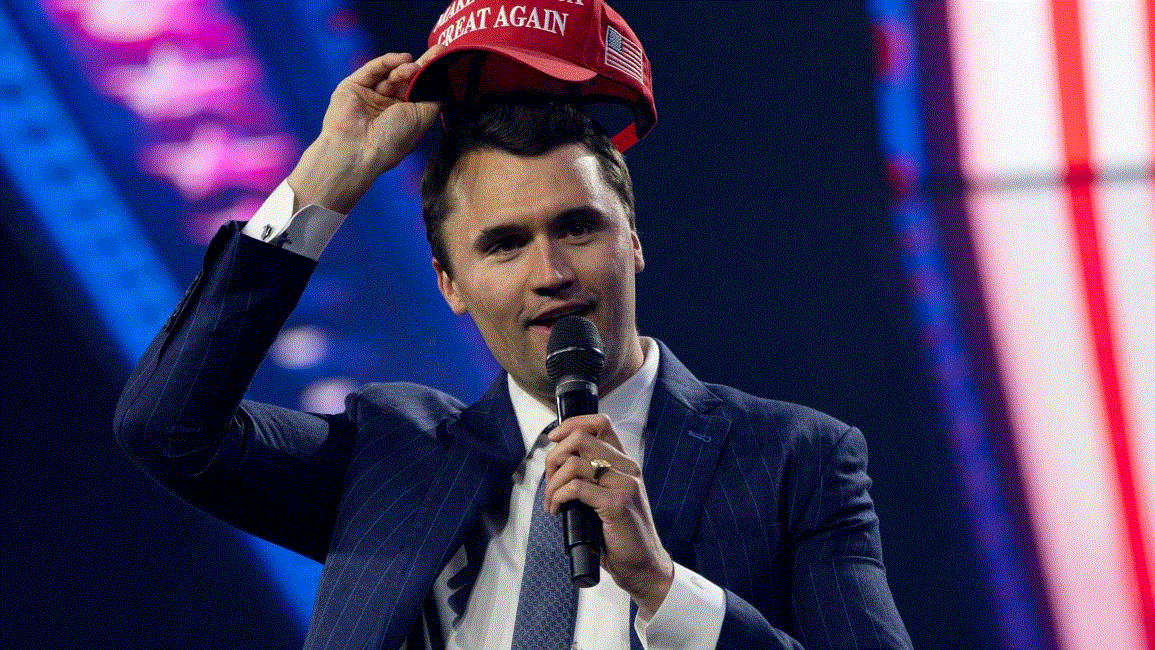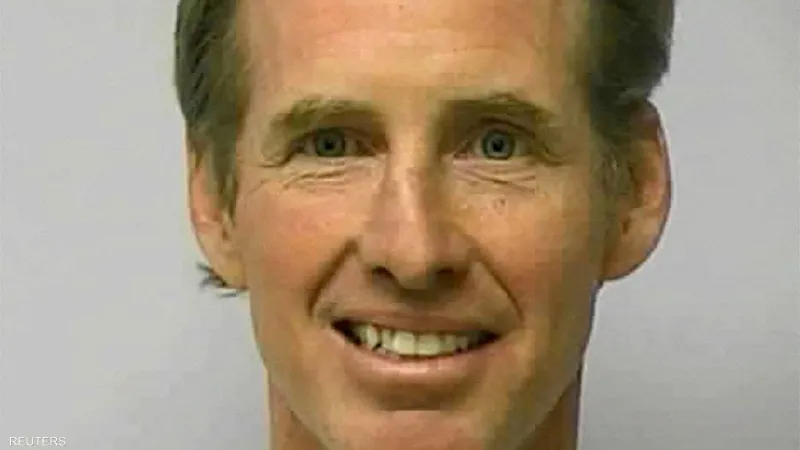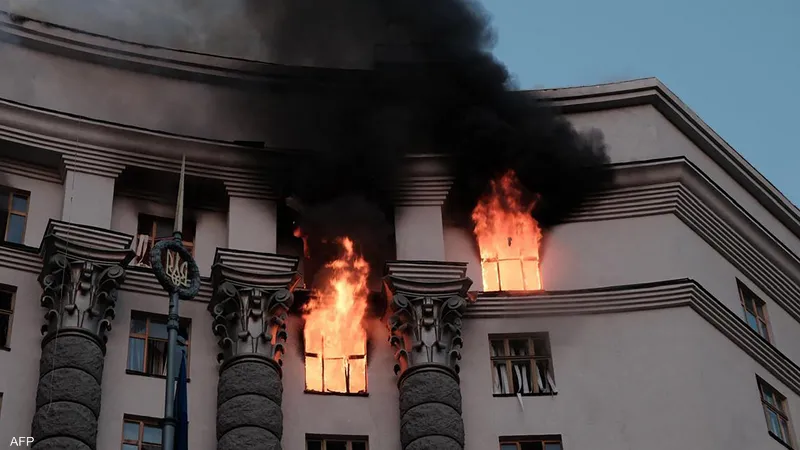Gaza Agreement Between Trump and Israel: End of War, Beginning of a New Era
Trump and the Gaza Peace Plan: "A New Dawn for the Middle East"
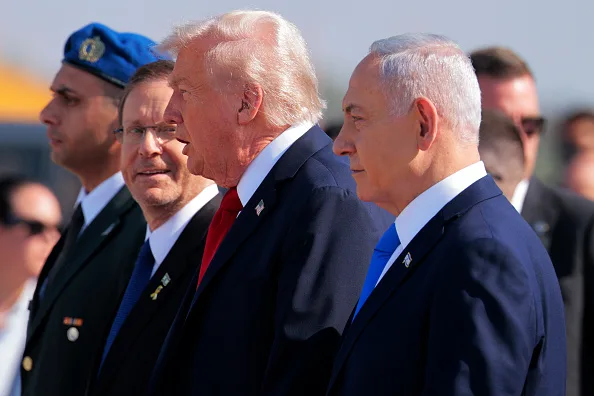
In a historic speech before the Israeli Knesset on Monday, former U.S. President Donald Trump emphasized that peace can be achieved through strength, stressing that the United States possesses weapons beyond anyone’s imagination and has supplied many of them to Israel to ensure its security. These remarks came ahead of his visit to Sharm El-Sheikh to sign a ceasefire agreement in Gaza and discuss the region’s future.
Could this step mark a genuine shift toward stability in the Middle East? What role will Israel and the United States play in sustaining peace? How might the recent agreements affect relations between Arab countries and Israel? This article highlights all the key points from Trump’s speech and the responses of regional leaders to the agreement.
The Significance of the Speech and Its Regional Impact
Peace Through Strength
Trump asserted that the U.S. provided Israel with all the necessary weapons to guarantee its ability to enforce peace, noting that Israeli Prime Minister Benjamin Netanyahu repeatedly requested various types of arms. He added that Israel used these weapons effectively to strengthen security and stability in the region.
A New Era for the Middle East
Trump described the move as a “historic dawn for a new Middle East,” stating that future generations will remember this moment as the beginning of a golden era for Israel and the entire region. He emphasized that the agreement not only ends the war but also initiates lasting harmony among regional nations.
Ceasefire and Prisoner Exchange Agreement
Role of Arab and Muslim Countries
Trump praised the contributions of Arab and Muslim countries, including Qatar, for their key role in facilitating the Gaza ceasefire. He highlighted that multi-national cooperation was crucial to implement the first phase of the agreement, which included the release of Israeli hostages and the partial release of Palestinian prisoners by Israel.
Iran and Lebanon: Regional Security Issues
Trump addressed Iran, claiming it had suffered a severe setback and suggesting that the Iranian leadership is tired, which could pave the way for future peace agreements. Regarding Lebanon, he stated that his administration fully supports the new government in disarming Hezbollah, emphasizing that positive developments are occurring there.
Israeli Political Context
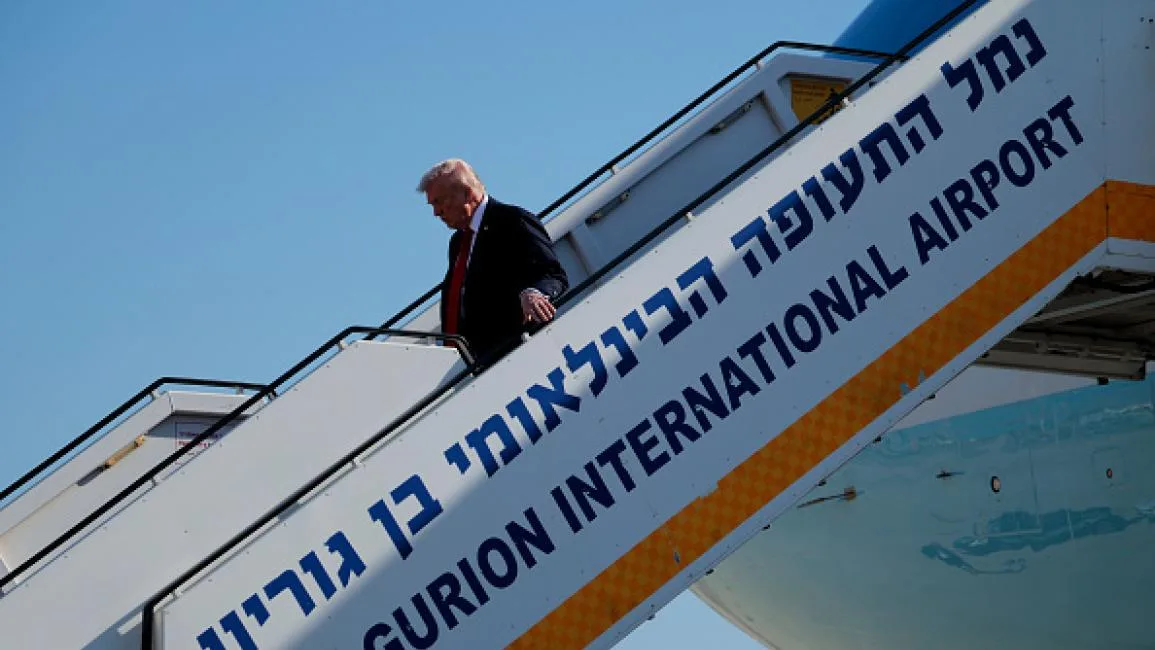
Netanyahu and Trump: Committed to Peace
Trump urged Israeli President Isaac Herzog to pardon Netanyahu, highlighting Netanyahu’s ability to achieve victories. Netanyahu, in turn, reaffirmed Israel’s commitment to peace, stating that Trump is Israel’s greatest ally in history and that peace will arrive sooner than expected under his leadership.
Opposition Reactions and Palestinian Recognition
Two Israeli lawmakers, Ayman Odeh and Ofer Cassif, disrupted the speech, demanding recognition of Palestine and calling for an end to occupation and apartheid. Their protest underscores ongoing tensions and the demand for a fair resolution to the Israeli-Palestinian conflict.
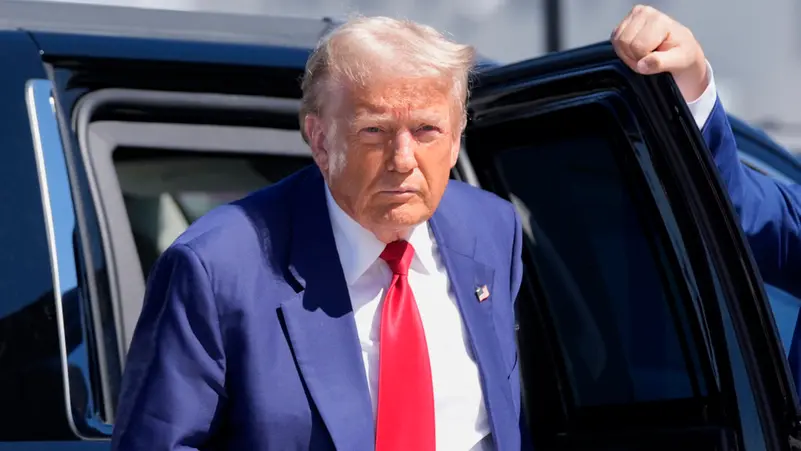
Frequently Asked Questions (FAQ)
Q1: What is the main goal of Trump’s Gaza plan?
A1: The plan aims to establish a ceasefire, facilitate prisoner exchanges, and set the stage for lasting peace in the region.
Q2: Which countries were involved in the negotiations?
A2: The negotiations included the United States, Israel, Egypt, Turkey, Qatar, and other Arab nations.
Q3: What role did Qatar play?
A3: Qatar facilitated talks and helped implement the first phase of the ceasefire and prisoner exchange agreement.
Q4: How did Israel benefit from U.S. support?
A4: Israel received advanced weapons and diplomatic backing to strengthen its security and enforce peace agreements.
Q5: What is the significance of this moment for the Middle East?
A5: It is seen as the beginning of a new era of stability and cooperation among regional nations.
Conclusion
Trump’s speech and the subsequent Gaza agreement mark a significant step toward regional stability, highlighting the importance of strong alliances, multi-national cooperation, and strategic diplomacy. While challenges remain, the groundwork for lasting peace in the Middle East has been laid.
Visitor Question: What do you think will be the biggest challenge to sustaining peace in Gaza and the broader Middle East?
